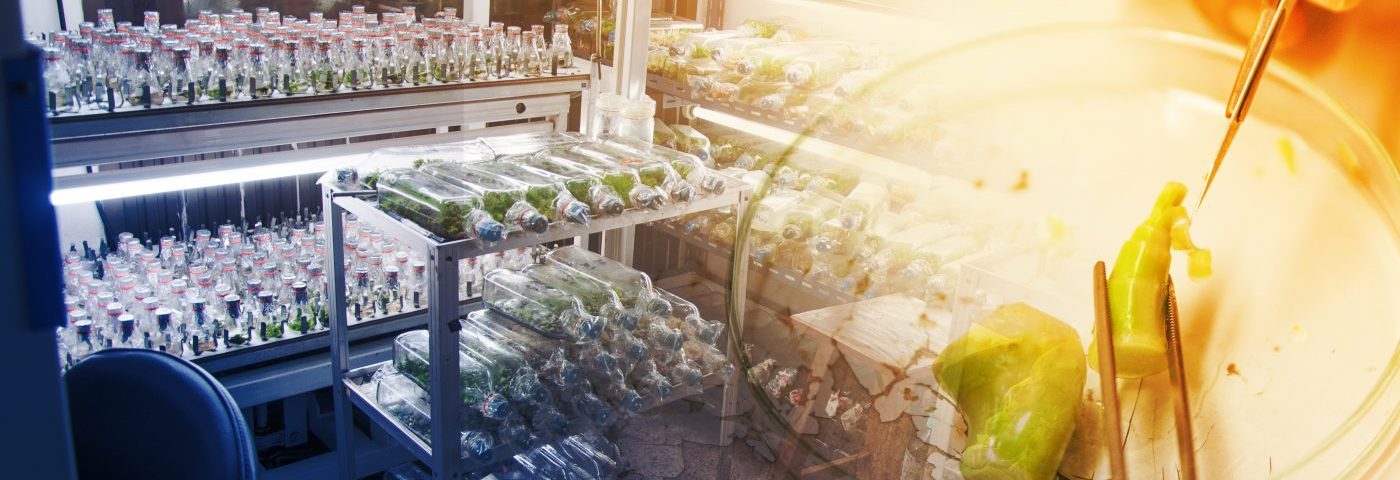Signaling protein interleukin-33 (IL-33) actively supports endometriosis progression by promoting an inflammatory ´response and triggering the growth of endometriosis lesions, according to a study published in the journal Scientific Reports.
Despite the growing research targeting endometriosis, researchers still can’t pinpoint the exact cause of the condition. It is known that deregulation of immune responses in the form of increased local and systemic inflammation are major players in endometriosis development and progression.
Two previous studies have shown that patients with endometriosis have higher amounts of pro-inflammatory signaling protein IL-33 in the blood, and also in the fluid accumulated in the abdominal cavity, compared to healthy volunteers. This finding suggests that IL-33 may play a role in the mechanisms involved in endometriosis.
In normal conditions, IL-33 is known to participate in multiple processes, including inflammation, blood vessel formation and management, and tissue scaring (fibrosis). However, its role in endometriosis is still unclear.
In the study “Interleukin-33 modulates inflammation in endometriosis,” a Canadian research team from Queen’s University, in Kingston, Ontario, and its collaborators hypothesized that IL-33 could have an active and important role in endometriosis progression.
They tested endometrium tissue samples collected from 20 patients with endometriosis who underwent surgical procedures for removal of endometriosis lesions, and from 11 healthy volunteers. The analysis revealed endometriosis lesions collected from patients with advanced stages of the disease (stage III or IV) produce significantly higher amounts of IL-33 than healthy endometrium tissue.
To evaluate the effect of the signaling protein on endometrium tissue, the team used laboratory cell lines and exposed them to different concentrations of the protein. This experiment revealed that IL-33 would trigger the production of several molecules that promote inflammation and formation of new blood vessels.
To further confirm these results and evaluate the impact of IL-33 in the progression of endometriosis, the team injected IL-33 in the abdominal cavity of mice with endometriosis. IL-33 promoted a systemic pro-inflammatory status in the animals. In addition, it aided endometriosis progression by promoting proliferation and growth of endometriosis lesions, as well as new blood vessel formation.
Analysis of the lesions exposed to higher amounts of the signaling protein revealed increased numbers of infiltrating immune cells compared to lesions that were not exposed to IL-33, which suggests that IL-33 can also promote local inflammation.
“Overall, the present study provides evidence to suggest that IL-33 is likely one of the important players contributing towards inflammation observed in advanced staged endometriosis patients and the progression of the disease,” the researchers stated.

